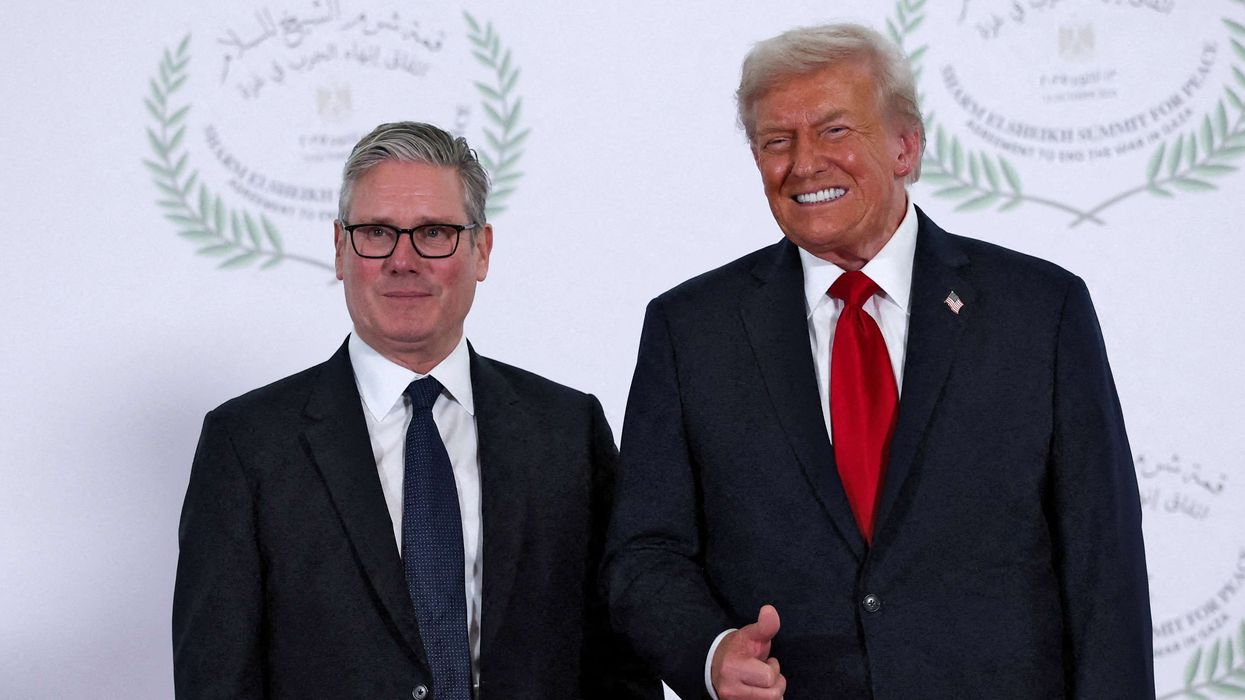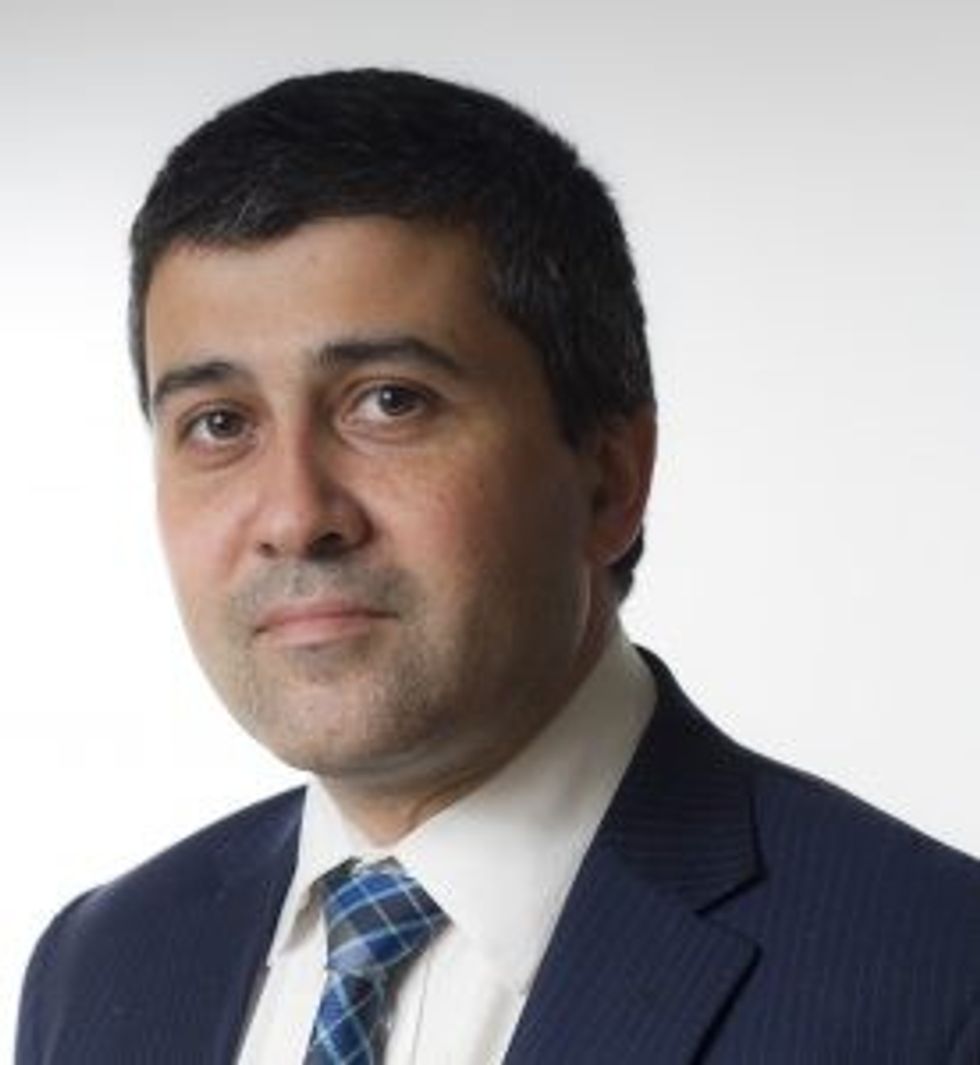by SUNDER KATWALA
Director, British Future
REMEMBRANCE Sunday this year marks the centenary of the armistice of the First World War, that moment at 11 o’clock on the 11th day of the 11th month when the guns finally fell silent.
A tumultuous global conflict, which had claimed 16 million lives, finally came to an end.
The anniversary also closes the four-year commemoration of the First World War centenary.
The scale of public engagement, starting with the emotional response to the sea of poppies at the Tower of London in the summer of 2014, reflected a curious paradox. We feel that the world wars played a formative role in our national identity, yet most people began this centenary with a fairly sketchy sense of that history.
People sometimes wonder whether Britain’s traditions and rituals of Remembrance will retain their relevance to new generations in our fast-changing and increasingly diverse society.
Yet the centenary has made many more people aware of the surprising fact that the armies that fought a century ago looked much more like the Britain of 2018 than that of 1918, certainly when it comes to their multi-ethnic and multi-faith mix. Ten million soldiers came from across Britain, the Empire and Commonwealth. The 1.5 million servicemen from what was then undivided India – present-day India, Pakistan, Bangladesh and Sri Lanka – would still be the largest-ever volunteer army in global history, had it not been for the even-larger Indian Army contribution to the Second World War a generation later.
Just four out of 10 people were aware that Indian soldiers took part in the First World War before the centenary began; that had risen to seven out of 10 people in the first two years of the event. What was minority knowledge has become something that most people have heard of.
British Future’s research into public views of the centenary finds the Commonwealth contribution is the issue on which public awareness has grown most. It has not been a minor tributary, but a major theme of the commemorations.
There has been an enormous level of activity in the Sikh community, with the UK Punjab Heritage Association helping many people discover their family connections. Few people realise that 400,000 Muslim soldiers fought in the First World War as part of the Indian Army, but New Horizons in British Islam and British Future have worked together to take that untold story around the country.
Muslim soldiers who lost their lives in the First World War were buried in Woking, Surrey, near the 19th century Shah Jahan Mosque. That burial ground has become a strikingly beautiful new memorial garden – its restoration covered in a BBC documentary – and a site for commemoration and education.
The role of Brighton’s Royal Pavilion as a makeshift hospital for Indian troops was commemorated in the post-war Chattri memorial, where events have swollen in numbers.
At the Oval Test during the summer, India’s Virat Kohli and England’s Joe Root wore special khadi poppies made of handwoven cotton, to support the Royal British Legion’s efforts to raise further awareness of the Commonwealth contribution.
The centenary has made our shared history better known than ever before. There is more work to do to ensure that this effort does not stop when the centenary ends, and it matters when extremists of different stripes do still try to co-opt national symbols of Remembrance to promote hate.
The far-right racists of Britain First and Anjem Choudary’s Islamist extremists both depend on an ignorance of the history of the world wars to claim that minorities can never be accepted as British. The real history of the Commonwealth contribution can provide a powerful antidote to these simplistic narratives.
Britain’s schools have found that our shared history of contribution resonates powerfully in classrooms that are more diverse than ever before. Yet, one wonders how many of those children’s parents, looking at local Remembrance services that mostly still look much “whiter” than the local communities in which they are located, conclude that Remembrance isn’t for them – or is something to which they don’t yet feel fully invited. More work is needed before the participation in local civic Remembrance activities fully reflects the diversity of the local population today.
Remembrance is powerful because it is voluntary. Everybody makes their own decisions about whether or how to participate. This Remembrance season will be more prominent than ever before in temples and mosques, as well as synagogues and churches, as different faiths support a new “Remember Together” campaign, which shows how our traditions of Remembrance can and do belong to us all.
The message at the end of this centenary should be clear – because they fought together, we remember together. Everybody is invited to participate in these moments that bring us together today.
Sunder Katwala is the director of British Future, which is coordinating Remember Together with the Royal British Legion. Visit www.remembertogether.uk for more information.












